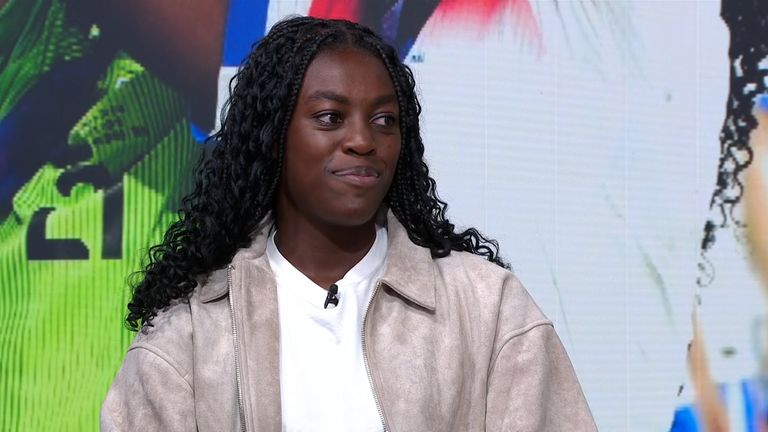Diss ticket touts convicted in £6.5m reselling scheme
Two people have been convicted of fraudulent trading in relation to a firm that "exploited the love and passion" of music fans, a court heard.

Lynda Chenery, 51, and Mark Woods, 59, of TQ Tickets Ltd, bought and resold concert tickets worth £6.5m.
A trial at Leeds Crown Court heard the company, based in Diss, Norfolk, used multiple, often fake, identities to buy large numbers of tickets.
Prosecutor Jonathan Sandiford KC said: "The two defendants were ticket touts."
Ed Sheeran tickets
The trial heard the firm bought large numbers of tickets on primary sites, including Ticketmaster, before reselling them on secondary ticketing platforms, such as Viagogo.
Tickets were for high-profile concerts by acts including Ed Sheeran, Lady Gaga and Little Mix - as well as Strictly Come Dancing live shows.
A spokesperson for National Trading Standards said the pair "used several dishonest and fraudulent tactics" and their techniques "were designed to exploit fans' support and passion to line their own pockets".
Chenery and Woods, both of Dickleburgh, near Diss, were each found guilty of three counts of fraudulent trading.
Large amounts of tickets were bought and resold by the firm, including for Little Mix concerts
Maria Chenery-Woods, 54, also of Dickleburgh, who ran the firm, and Paul Douglas, 56, of nearby Pulham Market, admitted the same offences.
Jurors heard Chenery-Woods, who referred to herself as the Ticket Queen, was the driving force behind the company.
Mr Sandiford opened the case, saying: "What this case is about is greed and dishonesty.
"They were part of a dishonest scheme that, over a number of years, exploited the love and passion that many of us have for our favourite pop bands, our favourite artists - people like Ed Sheeran, and so forth."
Mr Sandiford said they did this "in order to milk them for profits".
'Doing a fraudie'
He said the actions of the firm at times led to fans being refused entry to venues or being left with poorer tickets than they paid for.
The prosecutor referred to practices including "doing a fraudie", which involved sending customers ripped envelopes to infer that the tickets had been lost in transit, or "using fraud juice", which involved the use of Tipp-Ex correcting fluid, or more sophisticated digital methods, to amend tickets.
Mr Sandiford said that in the period from June 2015 to December 2017, the firm had sales in excess of £6.5m on secondary ticket platforms.
He said the firm bought 47,000 tickets during that period, using 127 names and 187 different email addresses.
Those within TQ Tickets communicated via Skype messages, which were shown to the jury.
'Fraudulent scam'
In one message, Douglas said to Chenery-Woods that the purpose of the business was to "simply rinse consumers for as much profit as they are willing to pay".
Woods told the court he believed there was "nothing untoward" about his wife's business, but that she became "completely obsessed".
Chenery said she did some book-keeping work for her sister's firm but did not think TQ Tickets was involved in any kind of fraud.
Lord Michael Bichard, chair of National Trading Standards, said: "Buying a ticket in good faith and then discovering it is part of a fraudulent scam can be deeply distressing and can have a considerable financial impact on consumers.
"This is a landmark case and I hope this prosecution supports progress towards a step-change in the secondary ticketing market, making it easier and safer for consumers buying tickets in the future."
All four will be sentenced at a later date.
-bbc







